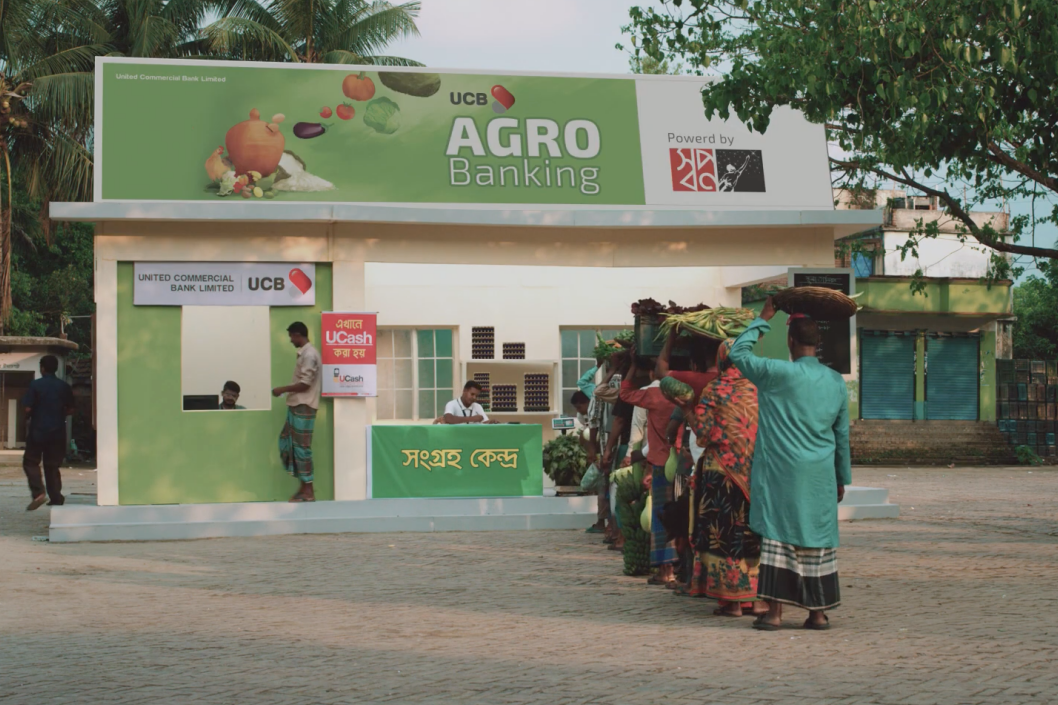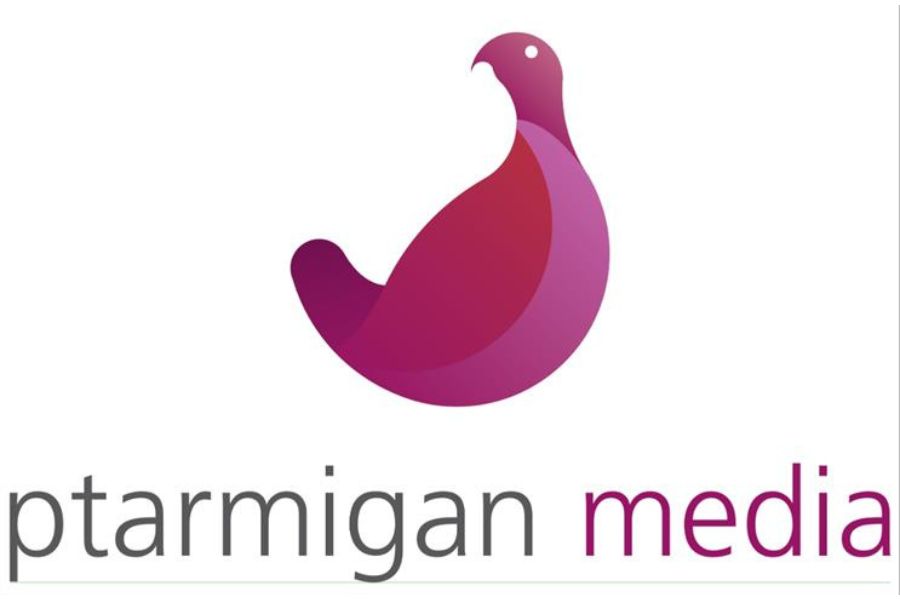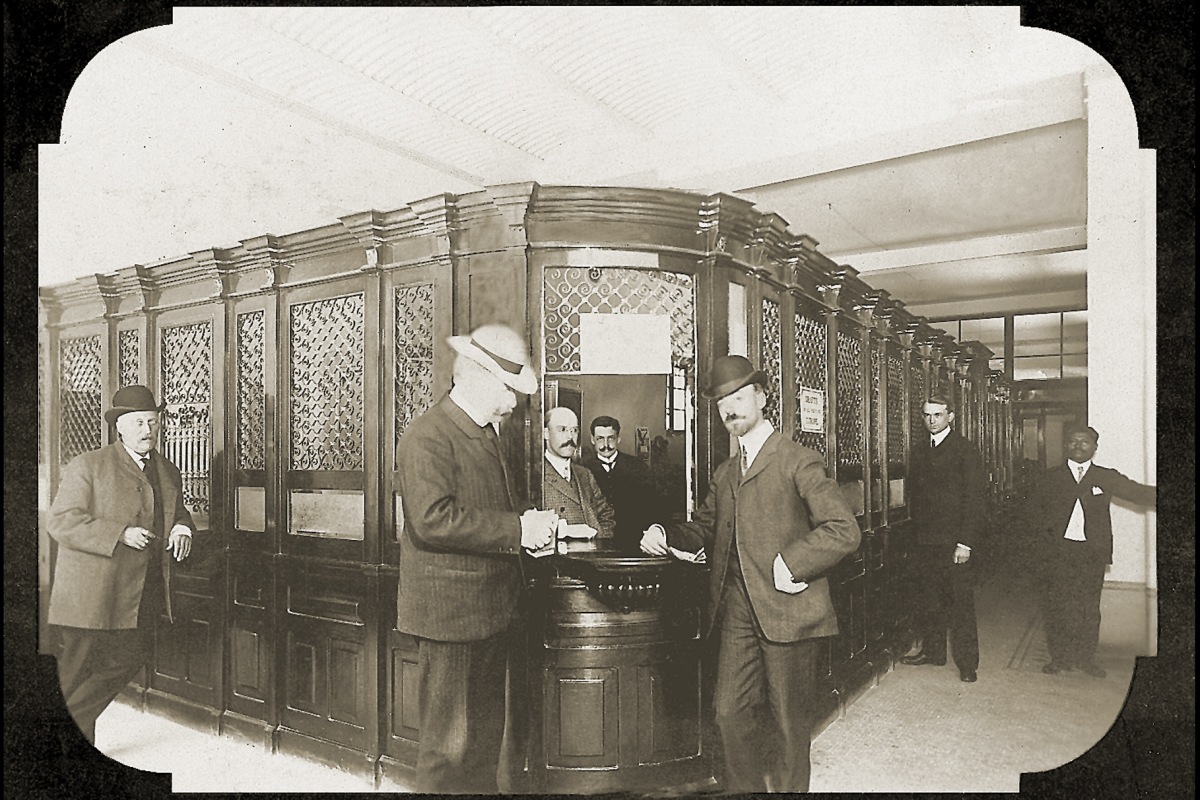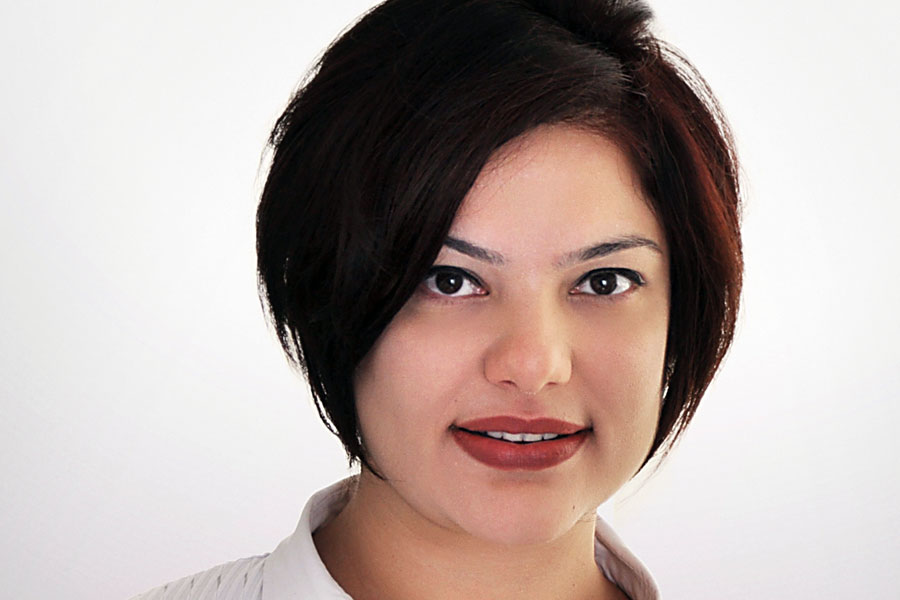The Bangladeshi village of Barinagar, in the western district of Jessore, has become a test ground for a new ‘AgroBanking’ scheme aiming to help the nation’s “unbanked” farmers set up their first bank accounts by exchanging leftover produce for financial savings.
Over a third of the people in Bangladesh do not have bank accounts, and many are farmers who grow food for their families and try to sell the leftovers for small profits. Anything they can’t sell risks going to waste, or being sold too cheaply to exploitative middlemen.
AgroBanking, a scheme conceived by Grey Dhaka, launched in Barinagar in March. Following a few weeks of awareness campaigns, the launch day in March saw over 200 farmers bring their goods to the village market square, selling them at a new “AgroBanking” station for a price determined as “fair” by Shwapno, Bangladesh’s largest grocery chain, which collects the farmers’ goods and sells them on through its network of over 60 shops.
“Wholesalers usually sell produce sourced from farmers at four to five times the price,” said a spokesperson from Grey, explaining that the farmers in Barinagar were now being offered the same prices that are charged by these wholesalers, which enables them to get back the difference.
The money they received was automatically deposited in new, free UCash - “mobile micro-saving” - accounts run by United Commercial Bank (UCB), one of Bangladesh’s largest private commercial banks. This means farmers can store and access their money more safely while building credit history, which could help them access financial loans.
Shwapno imposed limits on how much farmers could sell to them at a time, and took measures to ensure UCash applicants were not affiliated with any commercial organizations. They also applied “daily weight limits to keep commercial farmers and middlemen out, which means non-commercial farmers can’t sell anything more than 20 kilos per day,” according to a Grey spokesperson. “Not only does the weight limit keep the AgroBanking model free from abuse but it also ensures a steady flow based on customer demands.”
Since March, a further 300 farmers have shown interest in the scheme and are having their applications for UCash accounts processed, Grey said. UCB and Shwapno are looking to establish the AgroBanking model in four more areas of the country and have plans to go “nationwide”.
CREDITS
United Commercial Bank Ltd (UCB)
GREY Group Bangladesh
Shwapno











